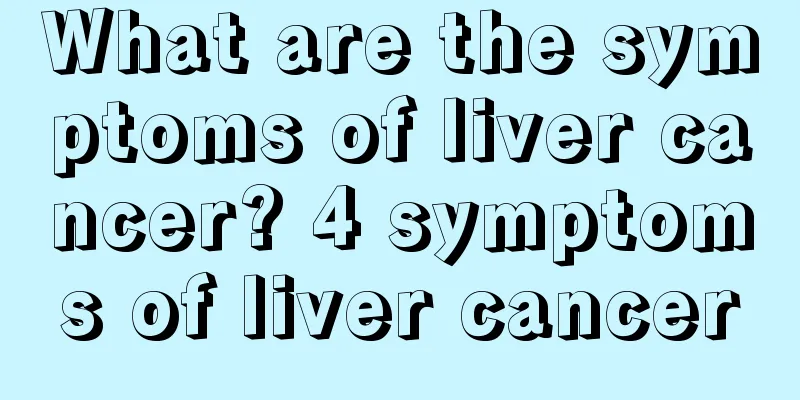What to eat to make teeth strong

|
In our daily life, we not only need to maintain good oral health, but also need to have strong teeth. Although we have no problem eating normally, when there are hard things, our teeth will feel particularly painful, and sometimes it will cause redness and swelling of the gums after a long time. If you want to make your teeth stronger, in addition to oral care, you should also eat more of this kind of food. To keep your teeth healthy: Eat a balanced diet! A balanced diet and well-spaced meals throughout the day (to avoid snacking, there should be four meals a day: breakfast, lunch, dinner and snack time) are very beneficial for strong teeth. In fact, this helps our teeth better resist irritation: enamel erosion, caries... Fresh foods, such as carrots, radishes or apples, rub against the surface of the teeth when chewed, which actually cleans the teeth. In addition, lipids, certain proteins (casein in cheese), minerals (phosphorus, calcium, fluoride, etc.) and vitamin D have antibacterial effects and limit the excretion of inorganic salts in enamel. On the contrary, snacks, especially those "soft" foods, carbohydrate foods (candies or sweetened drinks, bread, cakes...) or acidic foods (soda, fruits, juices), usually increase the risk of tooth decay. Sugar can be converted into acid, which can damage the enamel on the surface of the teeth. If possible, clean your teeth carefully after each meal. If this is not possible, you can also rinse your mouth carefully or chew a piece of sugar-free gum. In fact, any increase in salivary flow reduces the risk of tooth decay. It should be noted that excessive drinking of coffee, tea and excessive smoking may cause yellowing of teeth. Four dairy products to make your teeth stronger They are the best source of the calcium and phosphorus we need, and the main mineral material for tooth enamel and root supporting bone. Mineralization of deciduous teeth begins in the fourth month of pregnancy, and mineralization of stone teeth begins in the first year of life. After the tooth is formed, the enamel is renewed and maintained. We should drink milk and it is best not to drink sweet drinks. Dairy products (yogurt, etc.) also provide calcium, phosphorus and vitamin D, the latter of which will increase the absorption of calcium and phosphorus. Finally, casein, the main protein in milk, can limit the excessive excretion of inorganic salts in tooth enamel. In the past, people did this very well: they usually ate cheese after dessert, using the limiting effect of casein and the lipids in milk to reduce the acid secreted from carbohydrates. Drink more mineral water, which is a natural source of fluoride Natural mineral water meets the human body's needs for fluoride. Fluoride can increase tooth enamel, strengthen teeth, and protect teeth from microbial erosion. Most mineral waters contain 0.3 mg of fluoride per liter, but some contain as much as 8 mg per liter. We can also see fluoride salts on the dining table. For pregnant women and children, there are also tablets made with fluoride (0.5 mg to 1 mg, depending on age). Fluoride is also found in tea, marine fish and some vegetables (spinach, red radish, etc.). However, excessive intake of fluoride (more than 2 mg per day) may cause teeth to darken. |
<<: Does stinging after applying eye cream mean lack of water?
>>: I have toothache when I wake up in the morning
Recommend
How much do you know about the early symptoms of lung cancer in women? Women should be careful of 5 early symptoms of lung cancer
Generally speaking, the chances of men getting lu...
How to refresh yourself when you feel sleepy in the afternoon
Whenever it is the weekend, people tend to feel s...
Treatment of viral herpes, medication is the key
Viral herpes is a skin disease, which can be simp...
Postoperative care for patients with laryngeal cancer undergoing total resection
Total laryngectomy is suitable for patients with ...
What diseases are easily confused with bladder cancer
The main symptom of bladder cancer is hematuria, ...
What does a tongue ulcer look like?
Oral ulcers are a common condition for many peopl...
What medicines can cure melanoma
We know that melanoma, as a kind of skin cancer, ...
Where is the best hospital for treating nasopharyngeal cancer
In recent years, the number of patients suffering...
Can skin cancer kill people?
Can skin cancer kill people? Skin cancer is a dis...
Why did the jade dew turn brown?
Jade dew is a plant. It looks like a dewdrop in a...
Leg shaking is a disease but has nothing to do with kidney deficiency
No matter where we are, we always see some people...
What causes chronic foot rot
If a person's feet often suffer from diseases...
The difference between agar and gelatin
Agar is a jelly powder with good stability and co...
Can late-stage colon cancer be cured after surgery
Colon cancer is a malignant tumor disease with a ...
Is there any relationship between overnight rice and stomach cancer
The rumor on the internet that "bringing lun...









